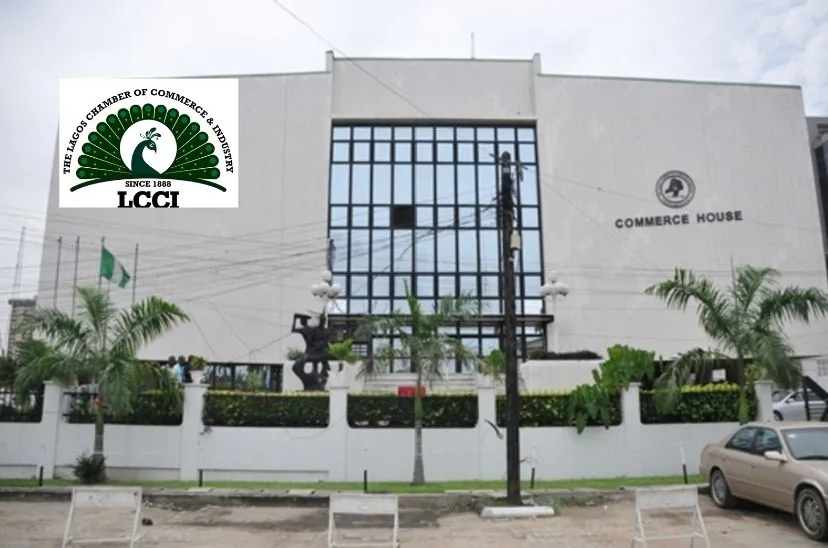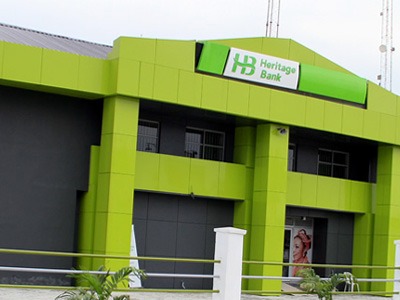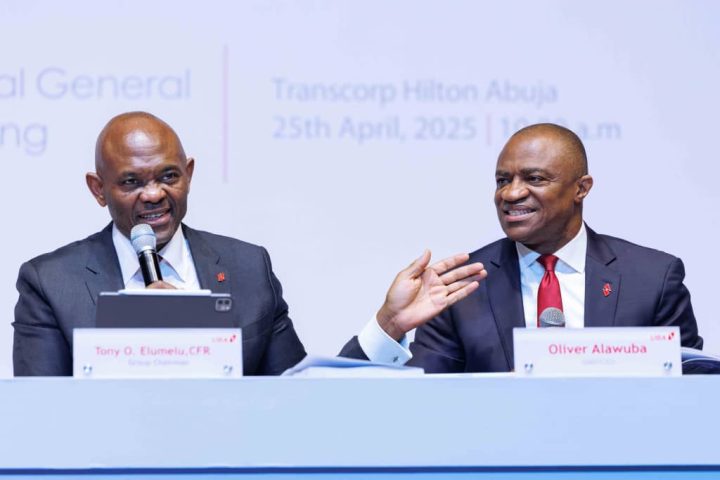The Lagos Chamber of Commerce and Industry (LCCI), has highlighted how Nigeria can reduce dependence on external borrowing for financing development projects.
The chamber emphasised that scaling up the productive base of the economy and strengthening tax reforms can reduce dependence on external borrowing.
Join our WhatsApp ChannelLCCI stated this while reacting to the recent approval of $500 million loan by the World Bank to Nigeria.
In a statement issued by the Director-General of LCCI, Dr. Chinyere Almona, the chamber called on the federal Government to ensure transparent disbursement of the loan to the right beneficiaries, such as small businesses and vulnerable communities.

The loan was given to Nigeria under the Community Action for Resilience and Economic Stimulus Programme of the World Bank.
Part of the statement reads: “The Lagos Chamber of Commerce and Industry (LCCI) acknowledges the recent approval of a $500 million loan by the World Bank to Nigeria under the Community Action for Resilience and Economic Stimulus Program.
“This development comes at a crucial time as the nation grapples with mounting economic challenges, including inflationary pressures, declining purchasing power, and an increasingly burdensome debt profile.”
While noting that the loan is aimed at supporting small-scale businesses and vulnerable households who bear the brunt of the nation’s economic challenges, LCCI said it is imperative that its broader implications on businesses and the economy should pose a concern to the business community.
READ ALSO: LCCI Commends Government’s VAT Exemptions On Diesel, Cooking Gas, Advocates For CNG Expansion
The chamber called for the establishment of a “robust monitoring and evaluation framework to track the impact of these funds and prevent misallocation.”
It also urged the government to prioritise concessional financing and ensure borrowed funds support economically viable projects.
The group underscored the importance of implementing structural reforms that create a conducive environment for businesses and not just offering short-term palliatives to vulnerable communities in times of economic crisis.
It specifically urged the government to formulate policies that focus on improving infrastructure and addressing forex challenges to support private sector growth and attract investment.
Nigeria’s Debt Burden
LCCI expressed concerns about Nigeria’s rising debt, noting that the World Bank loan will only offer short-term relief.
According to the Debt Management Office, Nigeria’s total public debt reached N142.3 trillion by 30 September 2024. The figure comprises N68.89 trillion in external debt and N73.4 trillion in domestic debt.
While noting that the loan would help in the area of boosting food security, the chamber warned about the long-term macro-economic implications.
READ ALSO: How Nigerian Govt Can Raise $50bn To Tackle Debt Burden – Expert
According to LCCI, Nigeria’s growing debt burden may make potential investors less confident in the country and hinder the government’s ability to carry out long-term economic reforms.
“With the World Bank’s share of Nigeria’s external debt reaching $17.32 billion, the question of debt sustainability becomes increasingly pressing. If not efficiently managed, additional borrowing could exacerbate fiscal vulnerabilities, weaken investor confidence, and limit the government’s ability to execute long-term economic reforms,” it stated.
In order to achieve long-term economic growth, LCCI advised the government to address the problems of inadequate power supply, excessive energy costs and implement an economic diversification plan.
Victor Ezeja is a passionate journalist with seven years of experience writing on economy, politics and energy. He holds a Master's degree in Mass Communication.


















